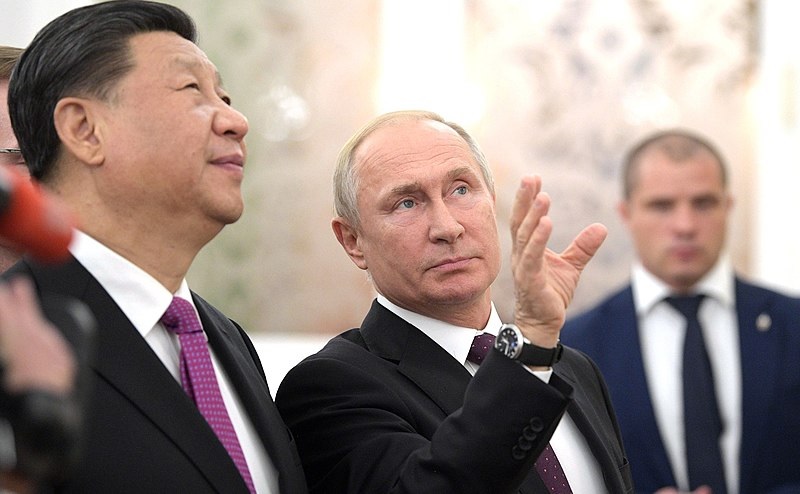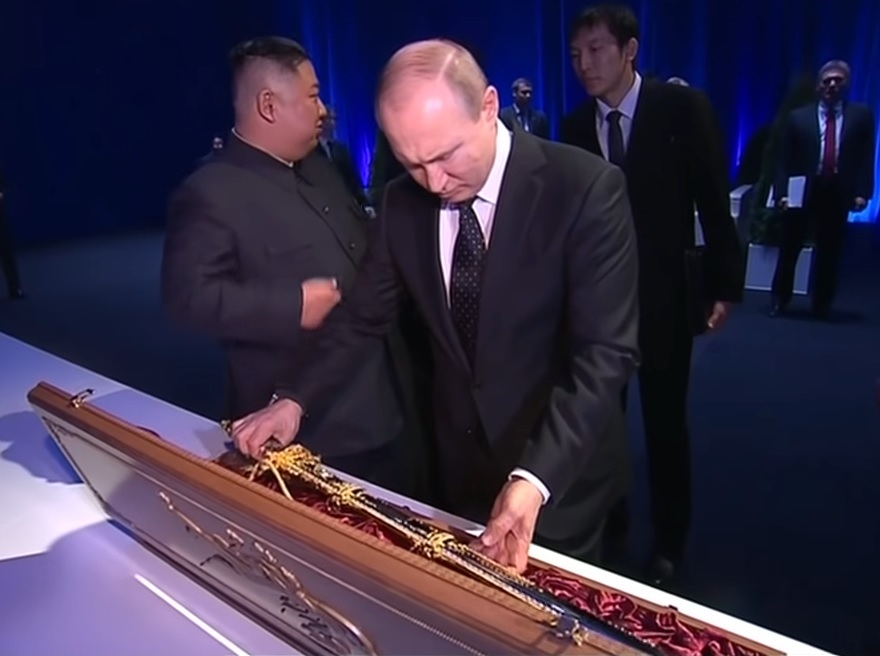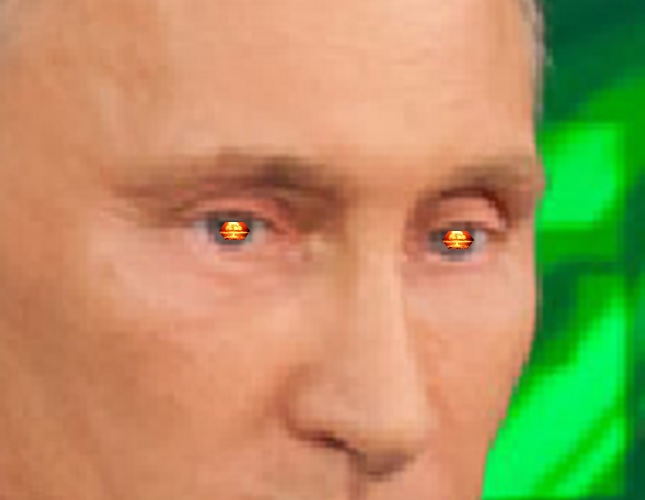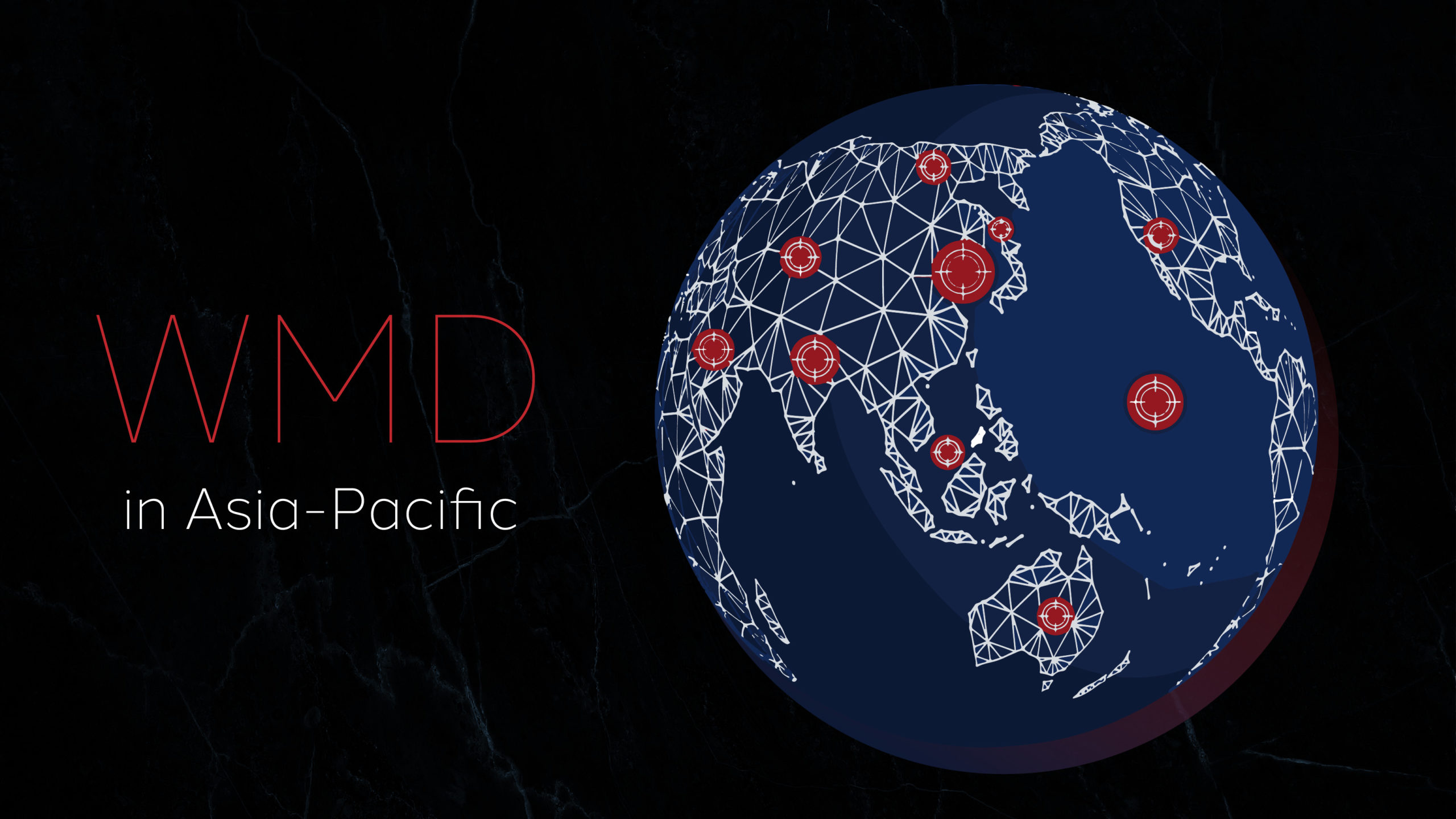Daily Report Archives
Established in December 1993, the Nautilus Institute’s *N*ortheast *A*sia *P*eace and *S*ecurity *N*etwork (NAPSNet) Daily Report served thousands of readers in more than forty countries, including policy makers, diplomats, aid organizations, scholars, donors, activists, students, and journalists.
The NAPSNet Daily Report aimed to serve a community of practitioners engaged in solving the complex security and sustainability issues in the region, especially those posed by the DPRK’s nuclear weapons program and the threat of nuclear war in the region. It was distributed by email rom 1993-1997, and went on-line in December 1997, which is when the archive on this site begins. The format at that time can be seen here.
However, for multiple reasons—the rise of instantaneous news services, the evolution of the North Korea and nuclear issues, the increasing demand for specialized and synthetic analysis of these and related issues, and the decline in donor support for NAPSNet—the Institute stopped producing the Daily Report news summary service as of December 17, 2010.

ALLAN BEHM, REAR ADMIRAL PETER BRIGGS (RETIRED), COMMODORE PAUL GREENFIELD RAN (RETIRED) NOVEMBER 16 2022 I. INTRODUCTION In this report, the authors identify the principal factors that need to be identified and addressed if Australia is to pursue the nuclear propulsion option for its next generation submarines. They conclude: “The most important consideration is ensuring that […]
Go to the article

ANASTASIA BARANNIKOVA NOVEMBER 7, 2022 I. INTRODUCTION In this essay, Anastasia Barannikova argues that although the situation in Ukraine does not affect Russia’s nuclear posture/strategy in Northeast Asia directly, direct impacts of the situation in Ukraine on Russia’s nuclear policies in this region cannot be ruled out. Examples of such indirect impacts include changes […]
Go to the article

PETER HAYES OCTOBER 30, 2022 INTRODUCTION Peter Hayes argues that “going nuclear will not help South Korea deal with the threat posed by its northern neighbor.” Peter Hayes is Director of the Nautilus Institute and Honorary Professor at the Centre for International Security Studies at the University of Sydney, and Senior Research Advisor of the Asia-Pacific Leadership Network. […]
Go to the article

PAUL K. DAVIS OCTOBER 27, 2022 I. INTRODUCTION In this Policy Forum essay, Paul Davis argues: “Anyone sensible worries that a first nuclear use might well lead to escalation and general nuclear war, but the adjective “inexorably” should no longer be included.” He concludes that the Ukraine war has made the range of nuclear-use cases […]
Go to the article

TONG ZHAO OCTOBER 13, 2022 I. INTRODUCTION In this Policy Forum essay, Tong Zhao argues that China fundamentally sees the Ukraine conflict as being caused by hegemonic behavior by the US-led West forcing Russia’s hand. China has been watching and learning from Russia’s implicit use of nuclear threat, and the lessons learned may add Tong […]
Go to the article

ALEXANDRE Y. MANSOUROV OCTOBER 7, 2022 I. INTRODUCTION In the Policy Forum essay that follows, Alexandre Mansourov argues that the lessons learned from the Ukraine conflict by DPRK leadership may make the DPRK more likely to conclude that having nuclear weapons capability will not necessarily translate to victory in a war on the Korean peninsula, […]
Go to the article

ROBERT AYSON SEPTEMBER 30 2022 INTRODUCTION In this essay, Robert Ayson argues that “Putin’s nuclear rhetoric is unlikely to disappear or become more reasonable. But what he decides to do with Russia’s nuclear arsenal matters more than what he chooses to say about it.” He concludes that “it’s time for Asia-Pacific powers–especially India and China–to […]
Go to the article

MICHAEL ROACH AUGUST 6 2022 I. INTRODUCTION In this essay, Michael Roach provides a remarkable account of multigenerational involvement in nuclear war, starting with a previously unpublished photo of the starboard nose of the Enola Gay bomber that delivered the first atomic bomb and returned to Tinian airfield, showing the inscription “First Atomic Bomb […]
Go to the article

PETER HAYES AND SHATABHISHA SHETTY MARCH 31 2022 I. INTRODUCTION In their introduction to the book WMD in Asia-Pacific, Peter Hayes and Shatabhisha Shetty highlight key findings in the 18 chapters, examine seven nuclear force traits or tradeoffs that come with nuclear armament and shape the identity of the nuclear weapon-possessors in this region and […]
Go to the article

NOBUYASU ABE MARCH 20 2022 I. INTRODUCTION In this essay, Nobuyasu Abe underscores the need to bridge the gap between the Nuclear Non-proliferation Treaty and the Treaty on the Prohibition of Nuclear Weapons so that they can together push forward the twin goals of nuclear non-proliferation and disarmament. Nobuyasu Abe is a former UN […]
Go to the article











